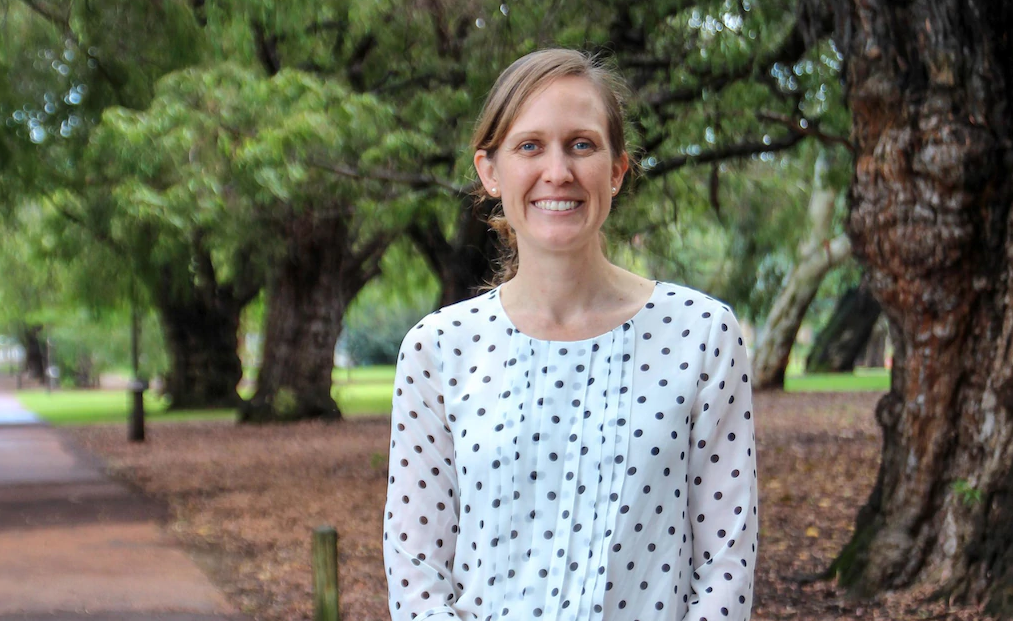Search
Research
Informing rubella vaccination strategies in East Java, Indonesia through transmission modellingA single dose of rubella vaccine will take longer to reduce the burden of rubella and will be less robust to lower vaccine coverage
Research
Chronic HIV-1 infection induces B-cell dysfunction that is incompletely resolved by long-term antiretroviral therapyB-cell dysfunction persists in patients with HIV receiving long-term antiretroviral therapy. the causes and consequences of this require further investigation.
Research
A comparison of paediatric and adult infectious diseases consultations in Australia and New ZealandThe objective of this paper is to describe paediatric infectious diseases consultations across Australia and New Zealand.
Research
Efficacy of human papillomavirus 16 and 18 vaccine against cervical cancer: Final randomized, double-blind PATRICIA trialWe report final event-driven analysis data on the immunogenicity and efficacy of the human papillomavirus 16 and 18 (HPV-16/18) AS04-adjuvanted vaccine in...
Research
Productive infection of human embryonic stem cell-derived nkx2.1+ respiratory progenitors with human rhinovirus.Our experiments provide proof of principle for the use of PSC-derived respiratory epithelial cells in the study of cell-virus interactions.
Research
Impact of high coverage of monovalent human rotavirus vaccine on Emergency Department presentations for rotavirus gastroenteritisThe program was associated with a substantial decline in rotavirus attributable non-admitted AGE presentations to ED among children aged <5 years.
Research
Improving immunity to Haemophilus influenzae in children with chronic suppurative lung diseaseEndobronchial infections related to non-typeable Haemophilus influenzae (NTHi) are common in children and adults with suppurative airway disease...
Research
Pediatric sepsis in the developing world.Sepsis is the leading killer of children worldwide, but this is not reflected in estimates of global mortality.
Research
The microbiology of impetigo in Indigenous children: associations between Streptococcus pyogenes, Staphylococcus aureus, scabies, and nasal carriagePrevalence and antimicrobial resistance of impetigo pathogens in a randomised, controlled trial of impetigo treatment conducted in remote Indigenous communities

News & Events
World-first trial to seek child-specific treatments for dangerous bloodstream infectionsThe Kids Research Institute Australia, Perth Children’s Hospital (PCH) and the Peter Doherty Institute for Infection and Immunity (Doherty Institute) will spearhead the paediatric arm of a world-first global platform trial designed to uncover treatments for Staphylococcus aureus bloodstream infection.
